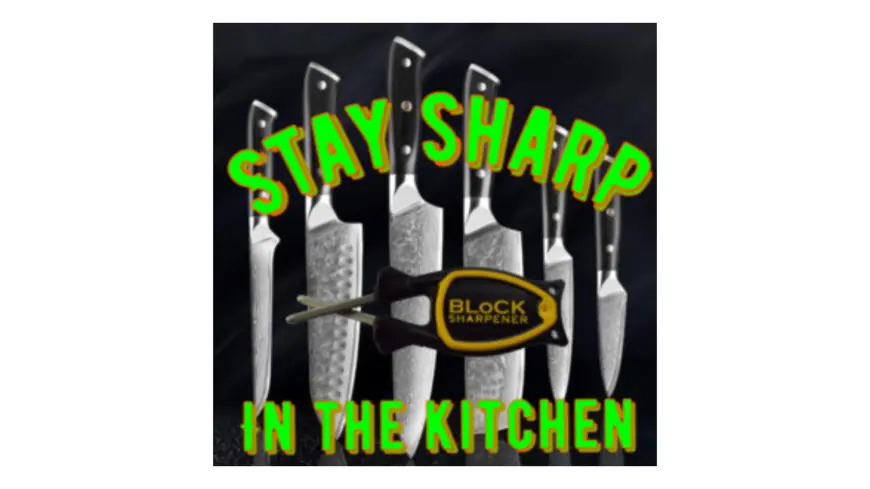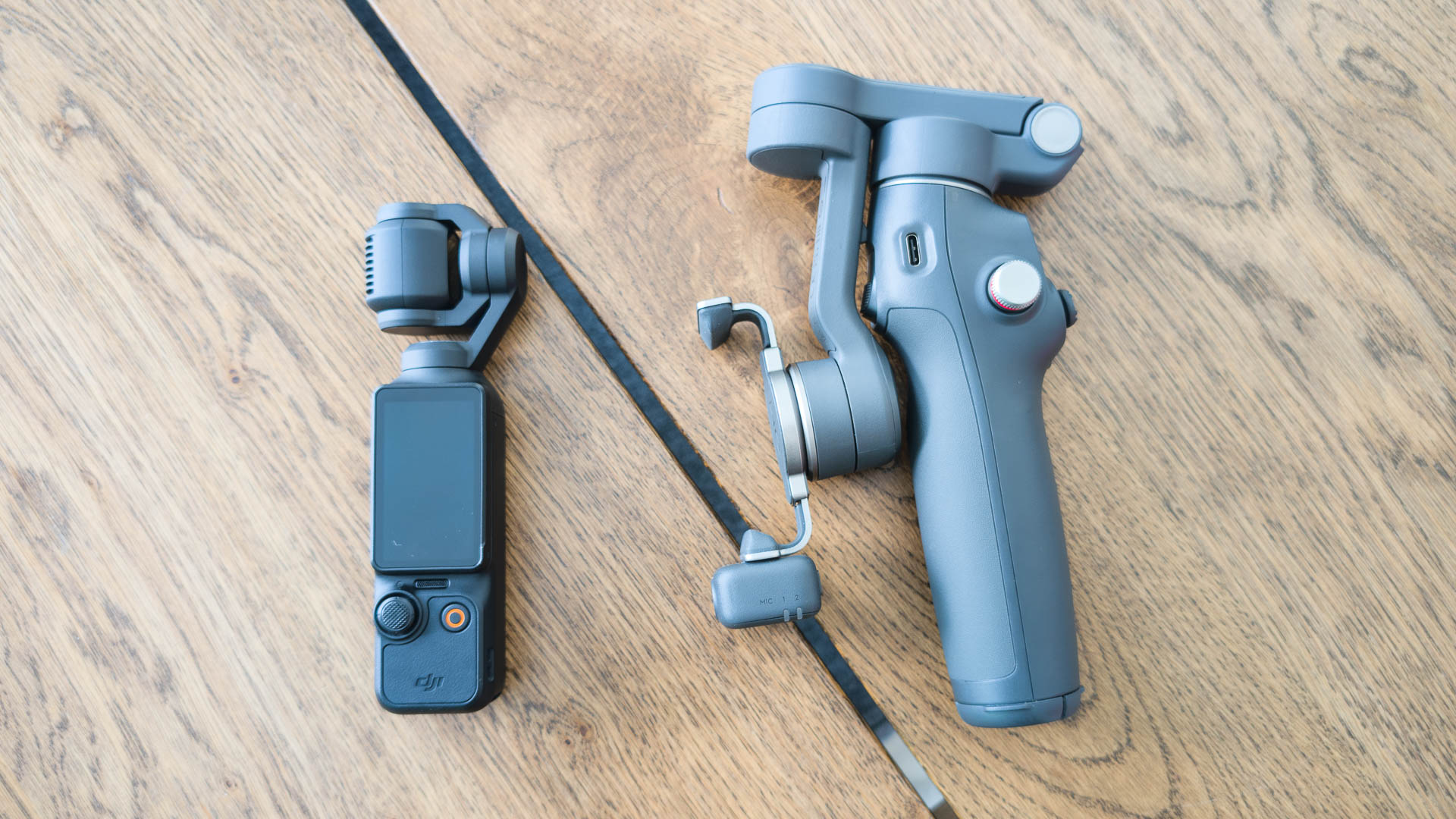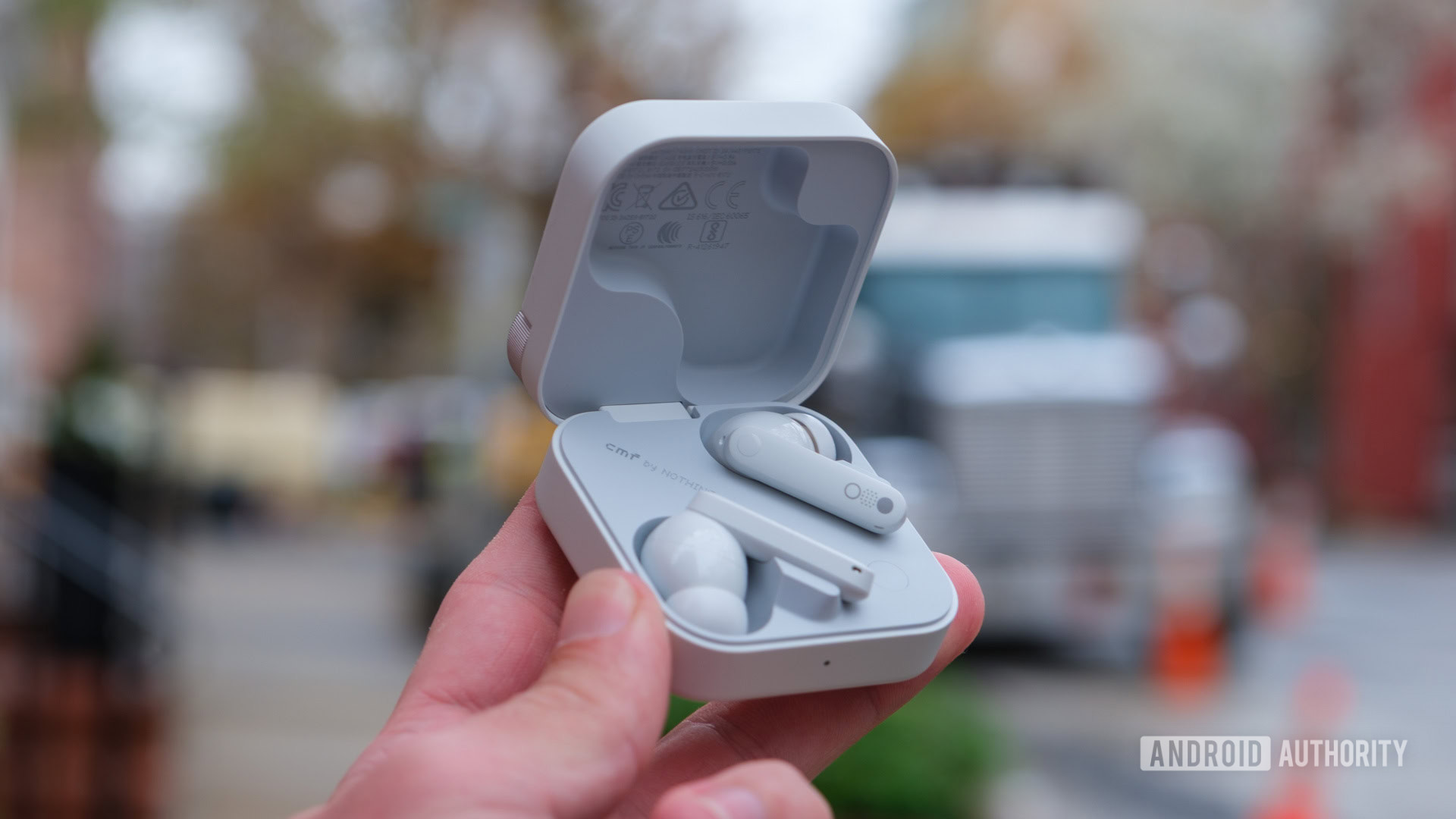Are Butcher Knives Sharp?

Butcher knives are famously sharp, designed to handle tough cutting tasks with ease. Their sharpness is a key factor in their effectiveness. But maintaining that edge requires regular care and proper sharpening.
Whether you’re a home cook or a professional chef, understanding butcher knives and how to keep them sharp can elevate your kitchen experience. Let’s explore how sharp they are, why they need consistent upkeep, and how the best home knife sharpener can help.
Why Are Butcher Knives So Sharp?
Butcher knives are crafted with precision to cut through meat, bone, and cartilage. Their razor-sharp edges reduce effort while cutting, minimizing fatigue. Sharp knives also ensure cleaner cuts, preserving the texture of meats.
Here’s why sharpness is non-negotiable for butcher knives:
-
Efficiency: A sharper blade requires less force, making tasks quicker.
-
Safety: Dull knives slip easily, leading to accidents. A sharp edge grips better.
-
Precision: Clean cuts improve the presentation and texture of meats.
Most butcher knives are made from high-carbon stainless steel. This material holds its edge longer, but like all knives, it still needs sharpening over time.
How to Tell If Your Butcher Knife Is Dull
Recognizing a dull knife is simple. If your knife struggles to slice through a tomato or cleanly cut meat, it’s time for sharpening. Other signs include:
-
Tearing Instead of Cutting: Meat fibers tear rather than slice cleanly.
-
Inconsistent Slicing: Uneven cuts suggest a worn edge.
-
Increased Effort: More force needed means reduced sharpness.
Regular maintenance using the best home knife sharpener keeps your butcher knife razor-sharp and ready to tackle any kitchen task.
Choosing the Right Sharpener for Your Butcher Knife
There’s no shortage of sharpening options available. The best one for your butcher knife depends on convenience, skill level, and knife material.
-
Manual Sharpeners: These are budget-friendly and easy to use. Great for quick touch-ups.
-
Electric Sharpeners: They work fast and deliver consistent results. Perfect for home cooks.
-
Sharpening Stones: Preferred by professionals, stones provide greater control. They require more practice but offer excellent results.
-
Honing Rods: Not sharpeners per se, but they help maintain the knife’s edge between sharpenings.
For those seeking a reliable solution, investing in the best home knife sharpener simplifies the process and ensures long-term sharpness.
Tips for Maintaining Your Butcher Knife
Once your knife is sharpened, proper care extends its lifespan. Follow these simple tips:
-
Hand Wash Only: Avoid the dishwasher. The heat and detergent can dull the blade.
-
Store Safely: Use a knife block, magnetic strip, or blade cover. Avoid tossing it into a drawer.
-
Hone Regularly: A honing rod keeps the edge aligned and sharp between uses.
-
Cut on the Right Surface: Use wooden or plastic cutting boards. Hard surfaces like glass or granite damage the blade.
How Often Should You Sharpen a Butcher Knife?
The frequency of sharpening depends on how often you use your knife. For frequent users, sharpening every few weeks is ideal. Occasional home cooks may only need to sharpen theirs every couple of months.
However, if you rely heavily on your butcher knife, consider using the best home knife sharpener once signs of dullness appear.
Final Thoughts
Butcher knives are naturally sharp and designed for heavy-duty tasks. Keeping them sharp not only makes your cooking experience smoother but also safer. Regular sharpening, paired with proper care, extends the life of your knife.
Investing in the best home knife sharpener is a practical way to ensure your butcher knife stays razor-sharp. With a well-maintained knife, every slice will be clean and effortless. Happy cooking!
What's Your Reaction?
 Like
0
Like
0
 Dislike
0
Dislike
0
 Love
0
Love
0
 Funny
0
Funny
0
 Angry
0
Angry
0
 Sad
0
Sad
0
 Wow
0
Wow
0














































